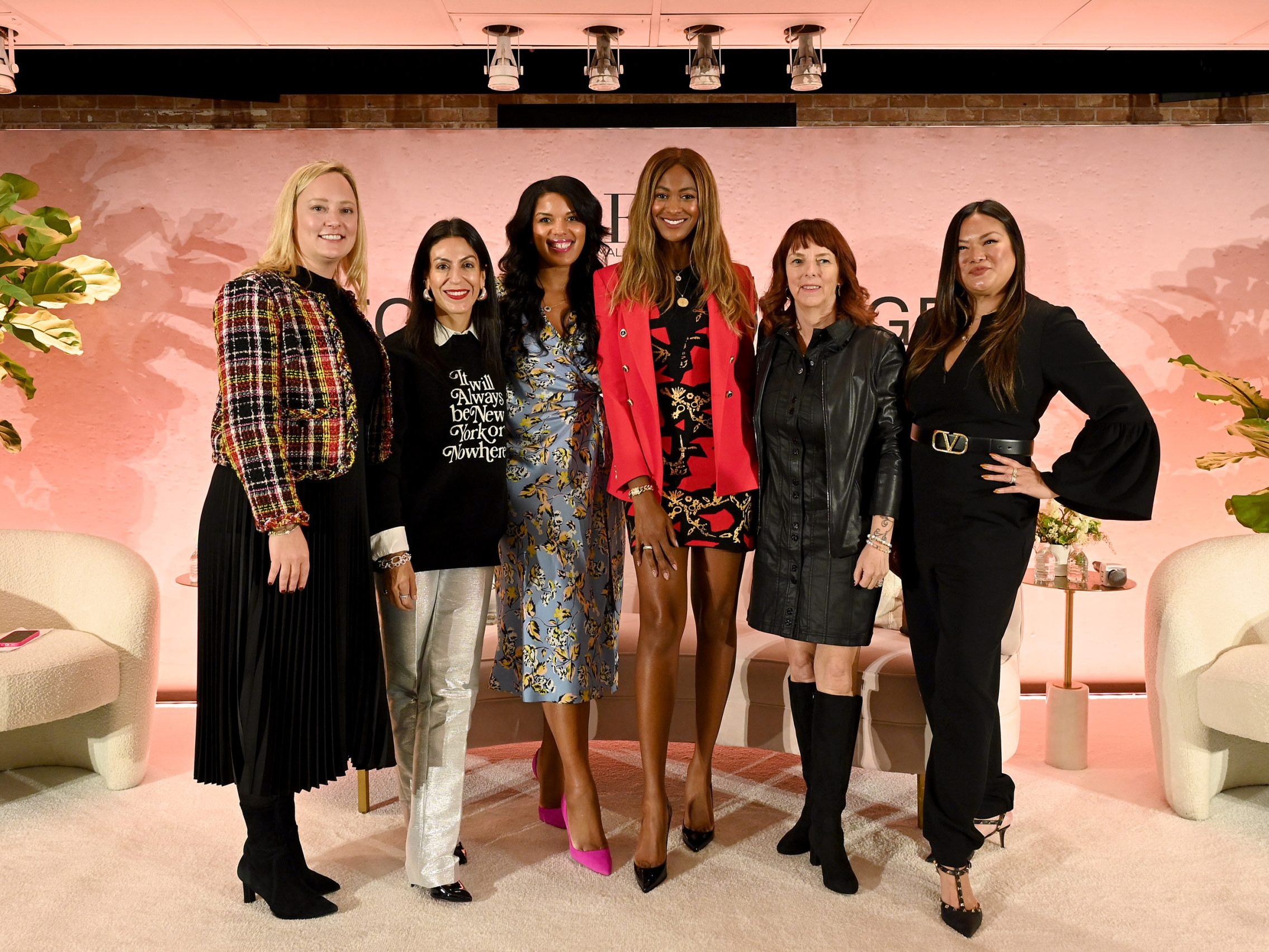Last week, I attended Advertising Week in New York City. One of the highlights was speaking at The Female Quotient’s #EqualityLounge, an initiative dedicated to providing women with a platform at industry-leading conferences. The panel was a powerful reminder of the importance of promoting gender diversity in our field. It was a dynamic exchange of ideas and a step towards closing the gender gap in advertising.
For the first time, women represent 51% of CMOs, but the statistics reveal that we still have much work to do. In the world of advertising, women account for just 35.3% of creative directors and a mere 1% of agency owners. We have to make a more conscious effort to elevate the voices of women in advertising.
I attended activations and brand experiences that celebrated culture and creativity, however, I noticed one undeniable truth that still prevails – cultural diversity wasn’t as present as it could have been on the main stage at Advertising Week. Thank goodness for Shelley Zalis and The Female Quotient for making space for women like me and my fellow diverse panelists.
While I joined several activations that aimed to represent and uplift diverse voices, I couldn’t help but notice the underrepresentation of Black executives and creatives in the event’s spotlight. And oftentimes we are limited to only speak on topics specific to our community based on race and certain stereotypes, and not given as many opportunities to speak based on our technical and professional expertise. This observation led me to reflect on the profound impact that this lack of representation has on media, storytelling, and the portrayal of people of color, especially the Black community.
Storytelling has been a pivotal part of culture for as long as history can remember. We connect, learn and understand our world through stories. And in today’s globalized landscape, where cultures blend and intersect, the importance of authentic storytelling cannot be overstated. It’s a force that not only entertains but also educates and empowers diverse communities around the world.
Every culture has its unique way of storytelling, with distinctive narratives that bring forth the richness and fullness of their respective cultures. However, even within these narratives, stereotypes have often prevailed. Call it click-bait or attention grabbing headlines if you’d like, but it doesn’t advance true cultural connection or fluency.
Breaking Stereotypes: Authenticity in Global Storytelling
The entertainment industry, like any other, has its share of stereotypes and biases. Characters and narratives can sometimes perpetuate misconceptions and clichés. Yet, what sets storytelling apart is its ability to evolve, to adapt, and to challenge these stereotypes.
Take, for example, the South African series “Blood and Water.” It’s a gripping drama that explores themes of identity, family, and social issues while providing a portrayal of life in Cape Town. “Blood and Water” became the first South African series to reach #1 on Netflix USA. “Parasite,” the South Korean hit that went on to win four Academy Awards, delved deep into the complexities of class divide and societal issues, presenting a powerful critique of Korean society that captivated audiences around the world. Latin America has a vast output of stories and telenovelas, but the Mexican series “Who Killed Sara” goes beyond common tropes and hones in on the complexity of its characters and their stories. These productions don’t feed into stereotypes or ridicule the characters they present.
Authentic storytelling transcends borders and stereotypes. These stories resonate with audiences globally because they reflect the human experience and all it entails; relationships, emotions, wins, losses, and everything in between.
The Gap in American Storytelling
While the global stage is witnessing a revolution in storytelling, there’s a gap in the Black and African American narrative. Oftentimes we see that stories about the Black community are either celebratory or, regrettably, laced with mockery and stereotypes. While there is immense value in narratives that address the community’s struggles and history, it is equally vital to give Black creatives the platform to explore diverse themes and experiences that are the most authentic representations of reality.
Black writers, directors, producers, actors, and film composers possess a wealth of talent and creativity waiting to be tapped into. It’s essential to provide them with the opportunities, resources, and support needed to bring forth fresh stories that aren’t rooted solely in stereotypes or hardships. Our culture is rich and multifaceted, and it deserves to be portrayed in all its complexity.
A Media That Reflects Humanity
What’s needed is a media landscape that allows us to simply be people, to share stories that go beyond racial or ethnic labels. We need inclusive stories that encompass the entire spectrum of human experiences – dramas, rom-coms, teen shows, thrillers, comedies, paranormal tales, horror films, mysteries, and musicals. We need podcasts, docu-series, reality shows and more programming that focuses on us as people and individuals, not presenting us as stereotypes or caricatures.
My whole career has been about breaking the paradigms of what others think it is to be Black. And this why I’m so passionate about getting more stories out there – giving our voices as many platforms as possible. That is exactly what we are doing at Hero Media Inc. With over 20 Hero Originals in development, we aim to fill in the gaps, and shine a new light on the Black experience. From travel, to culinary arts, finance, investigative journalism and so much more, we are building a foundation to revolutionize storytelling and give multicultural audiences authentic stories we can all relate to.
-Lauren Maillian, President, Digital Innovation

